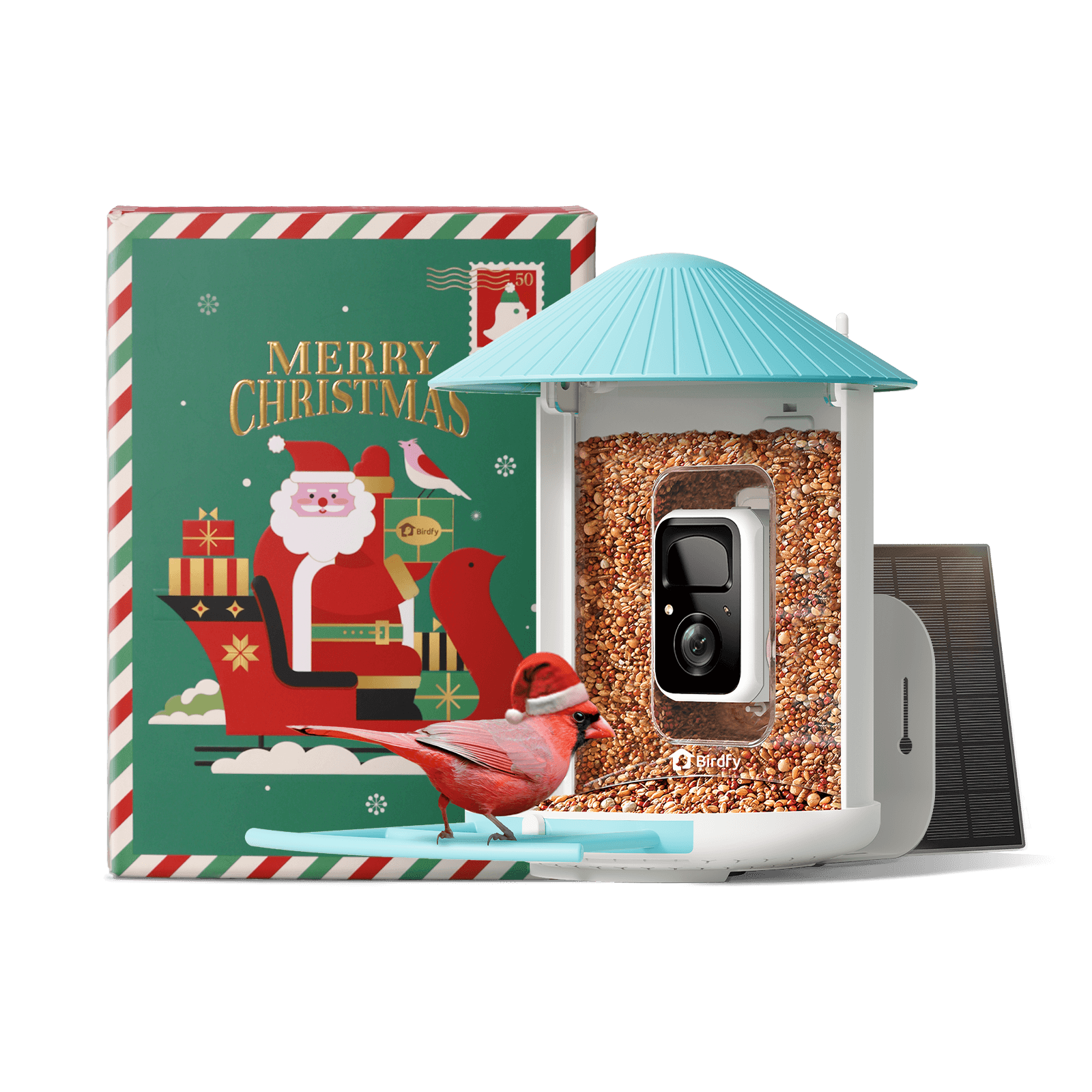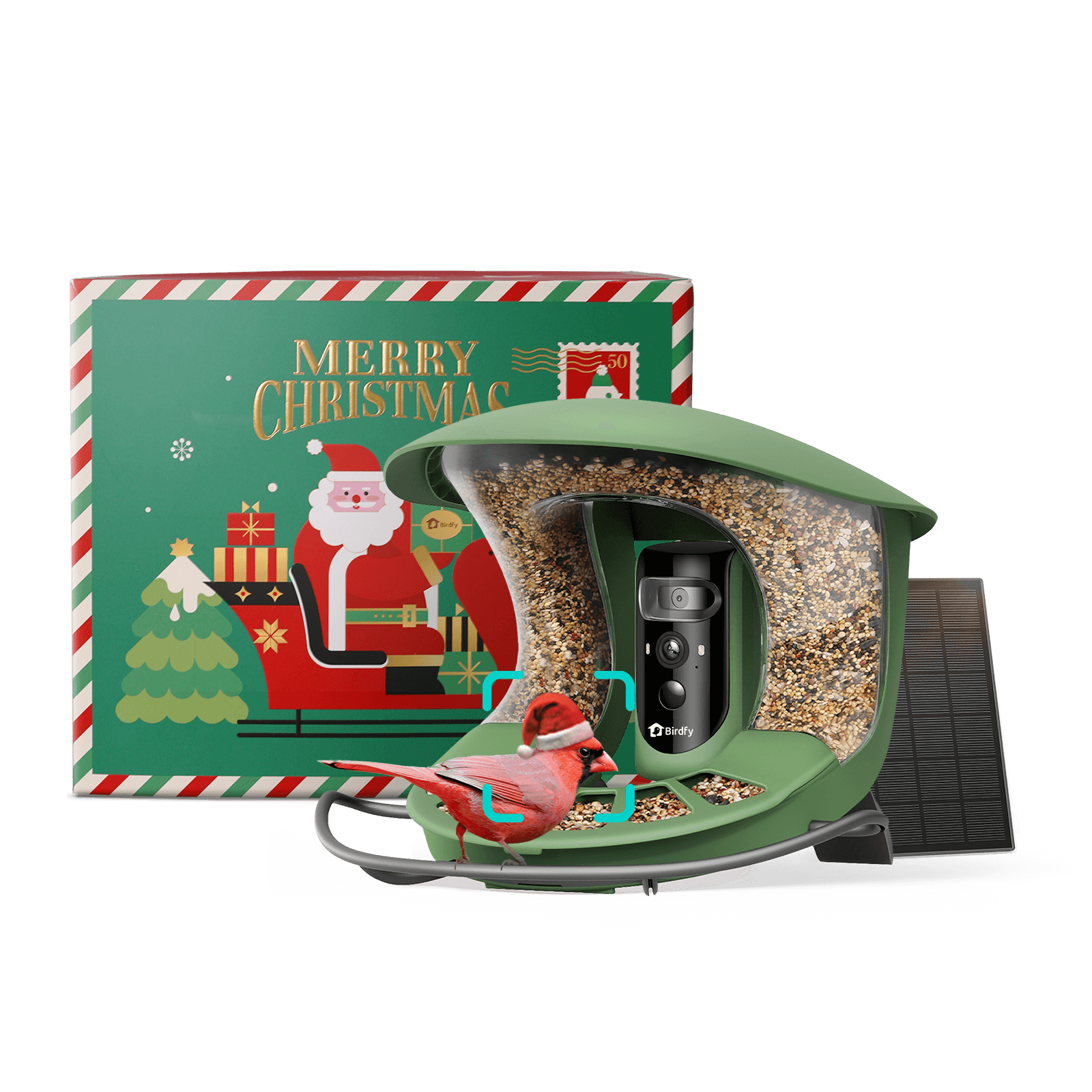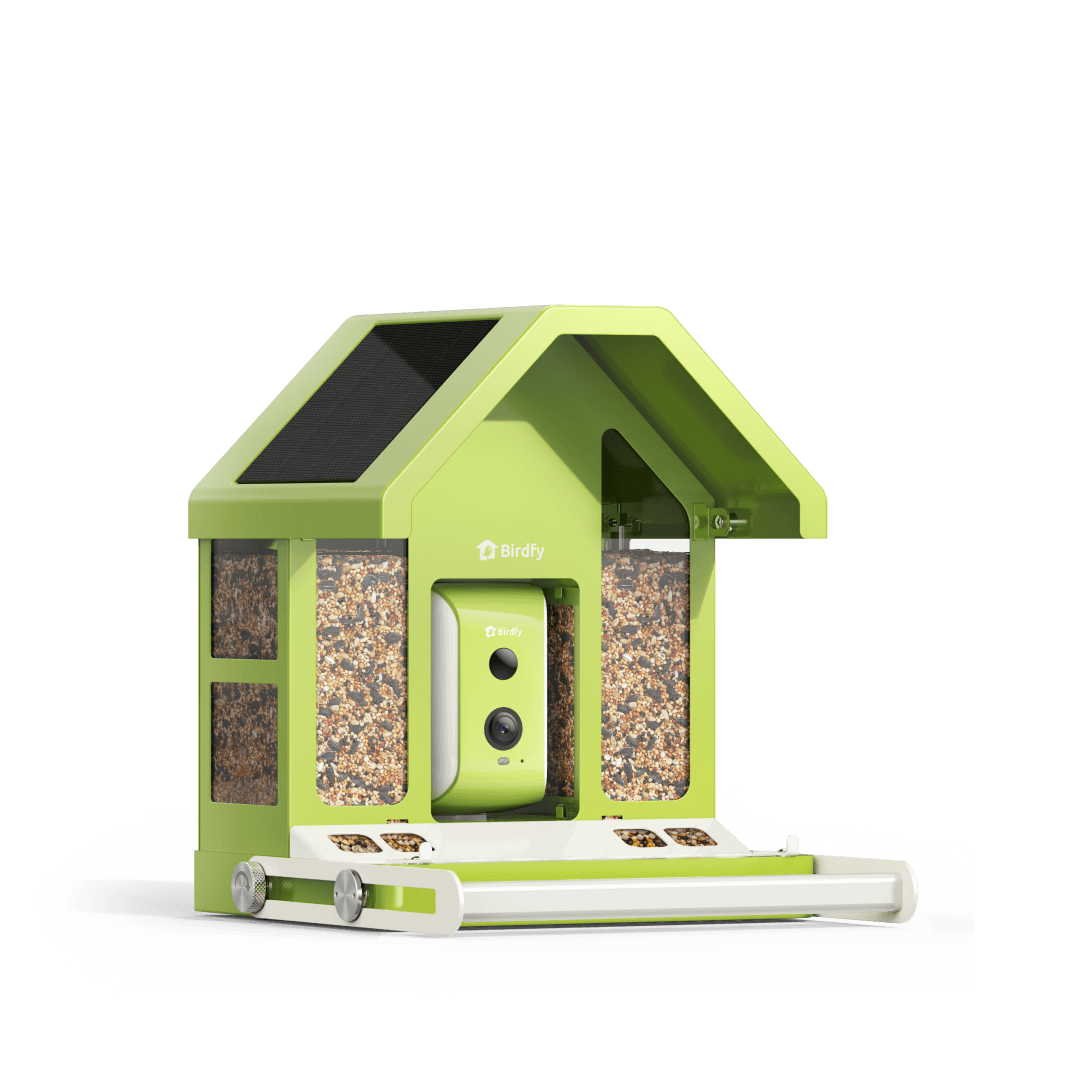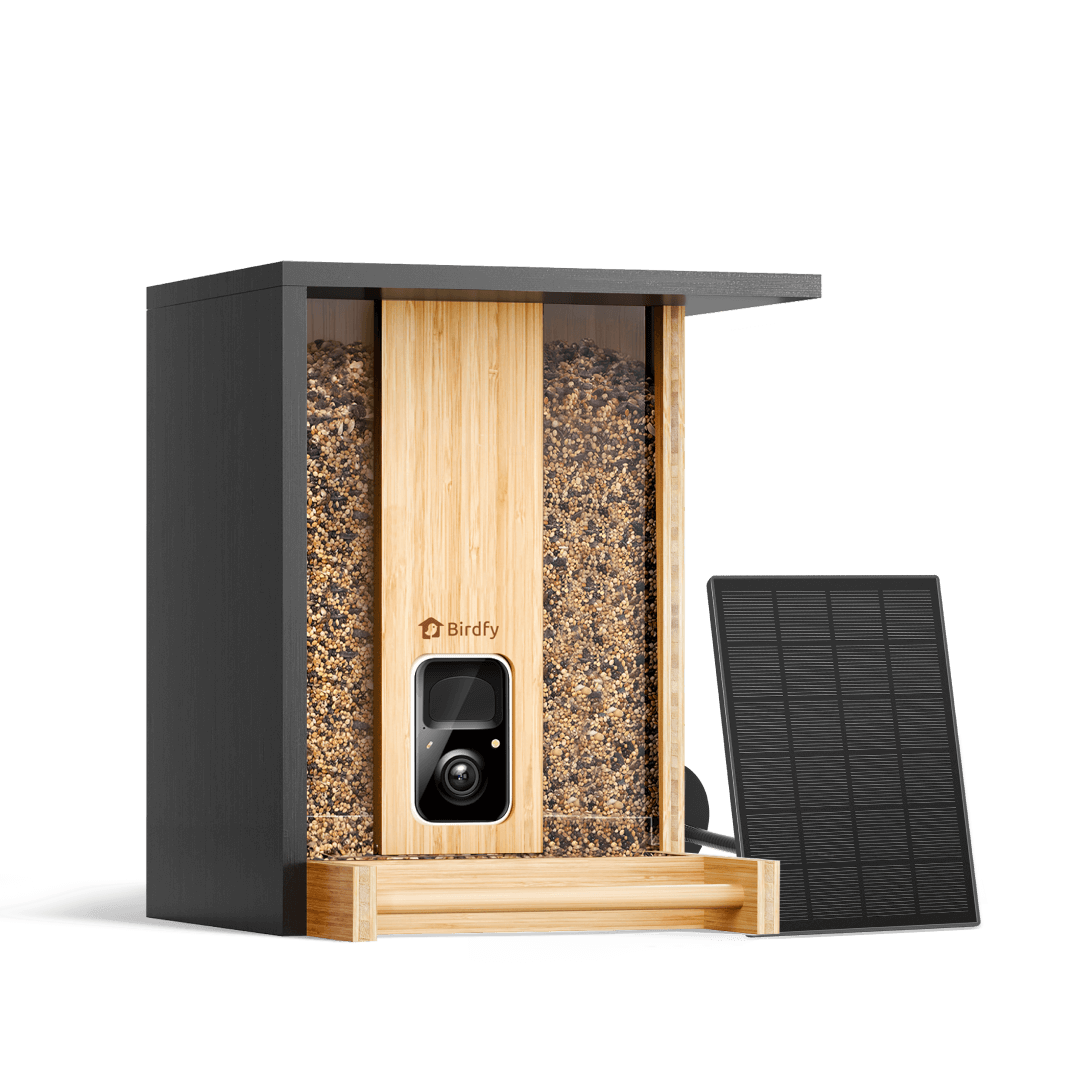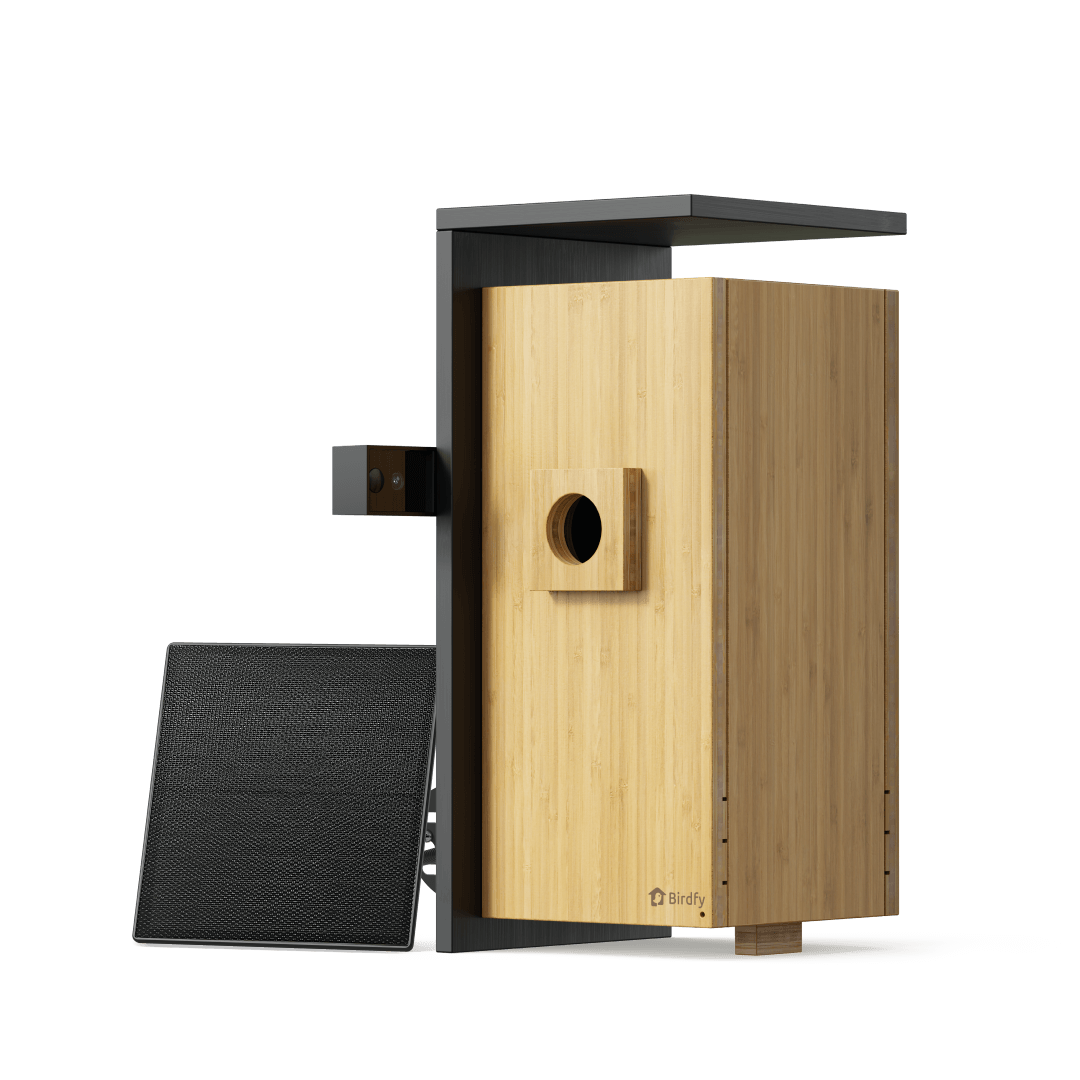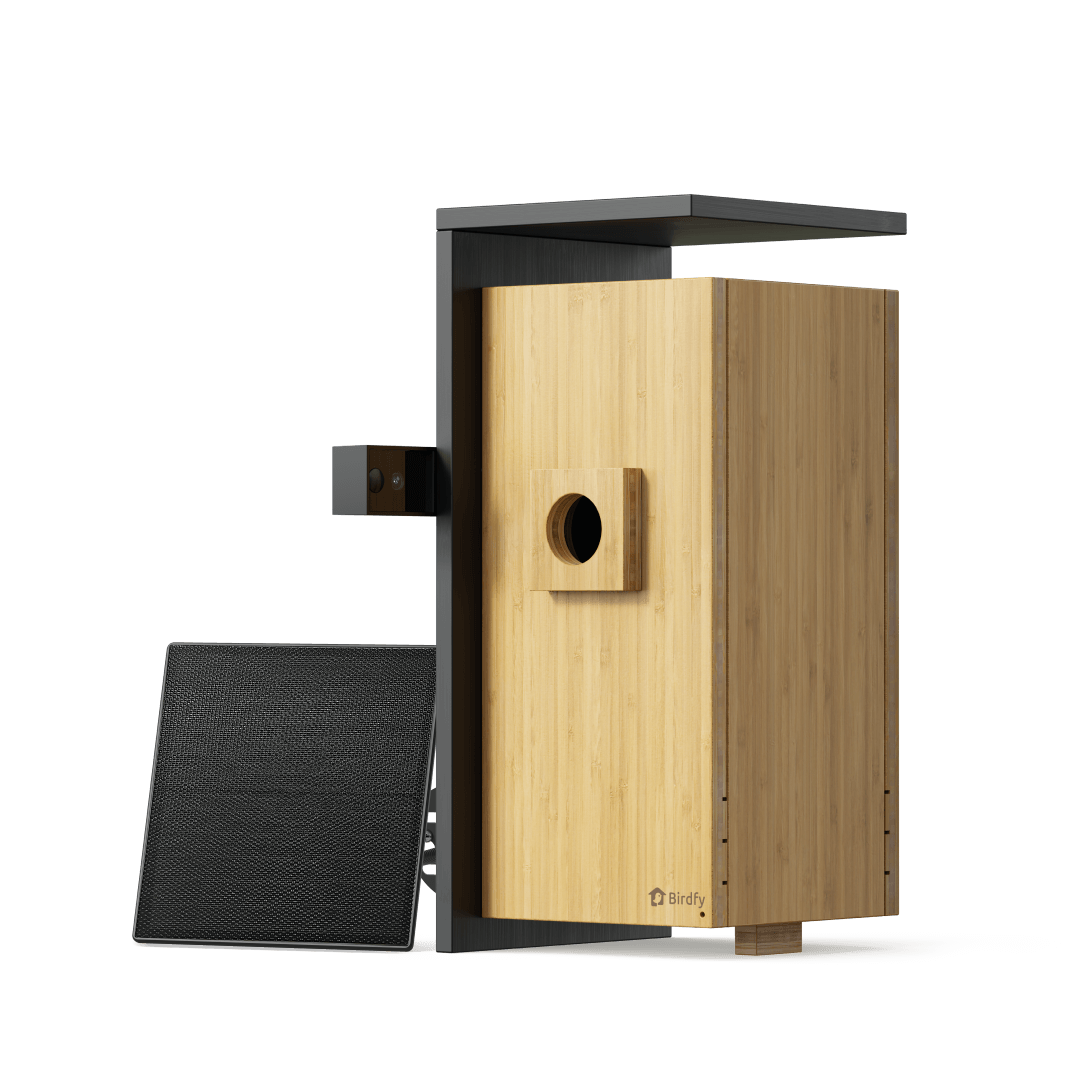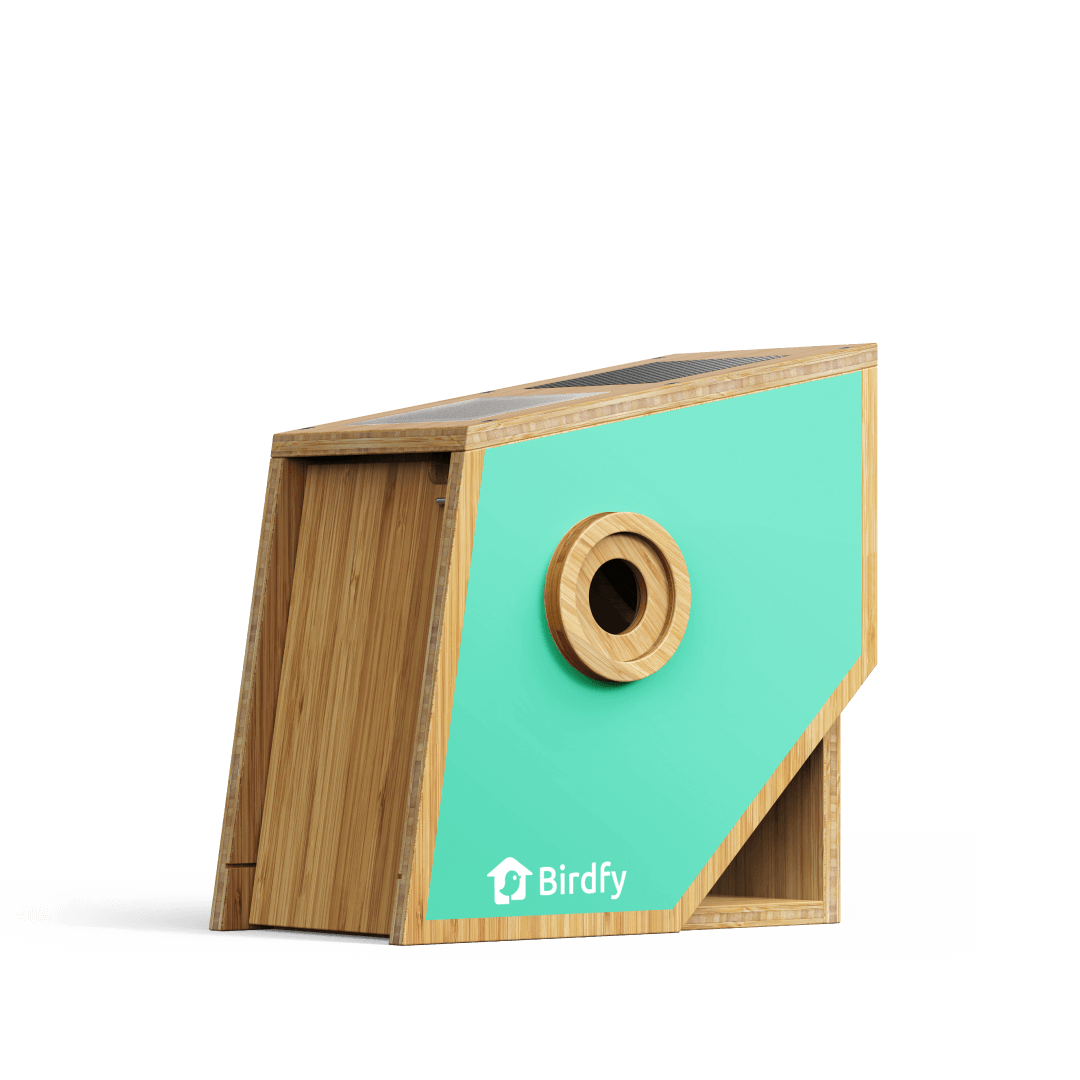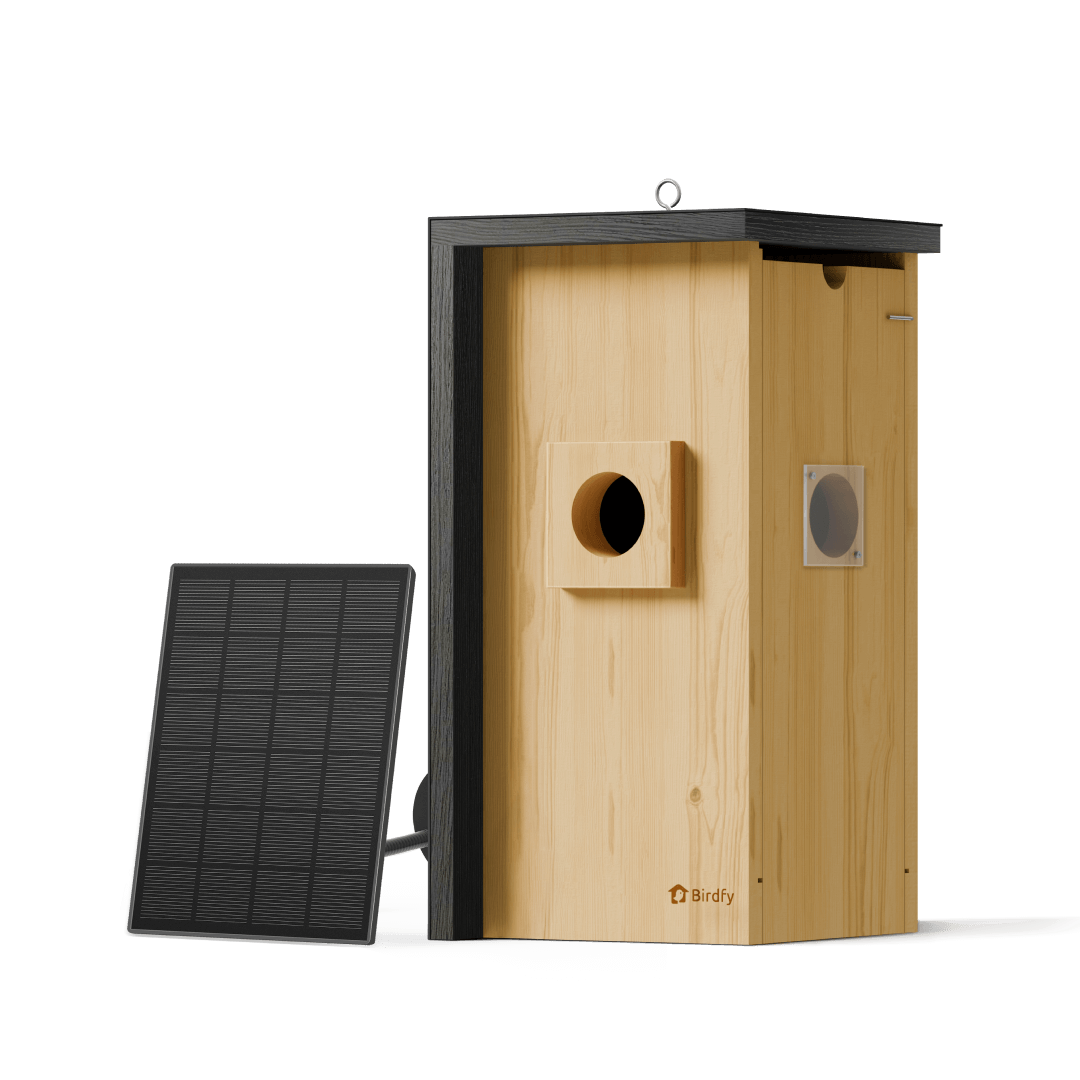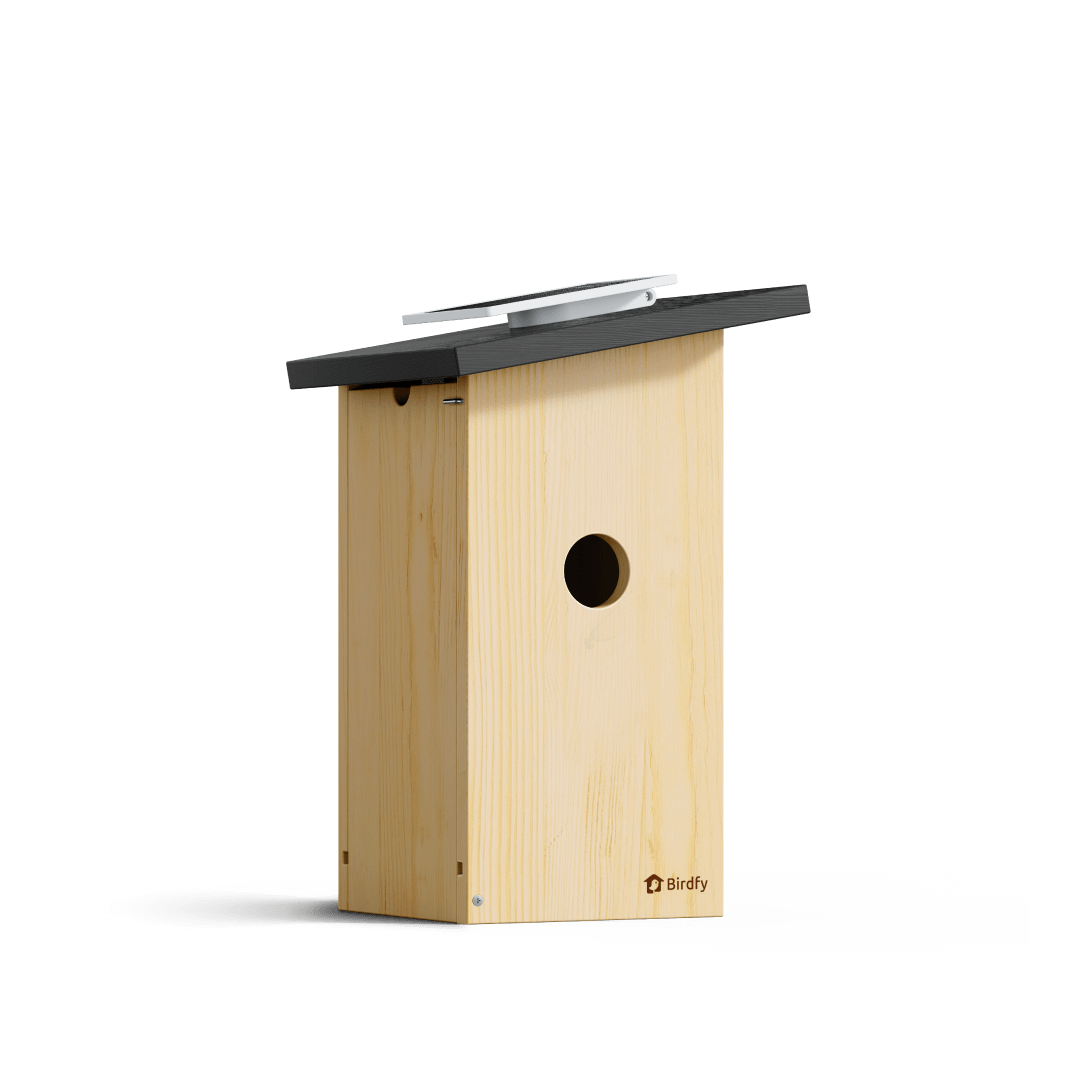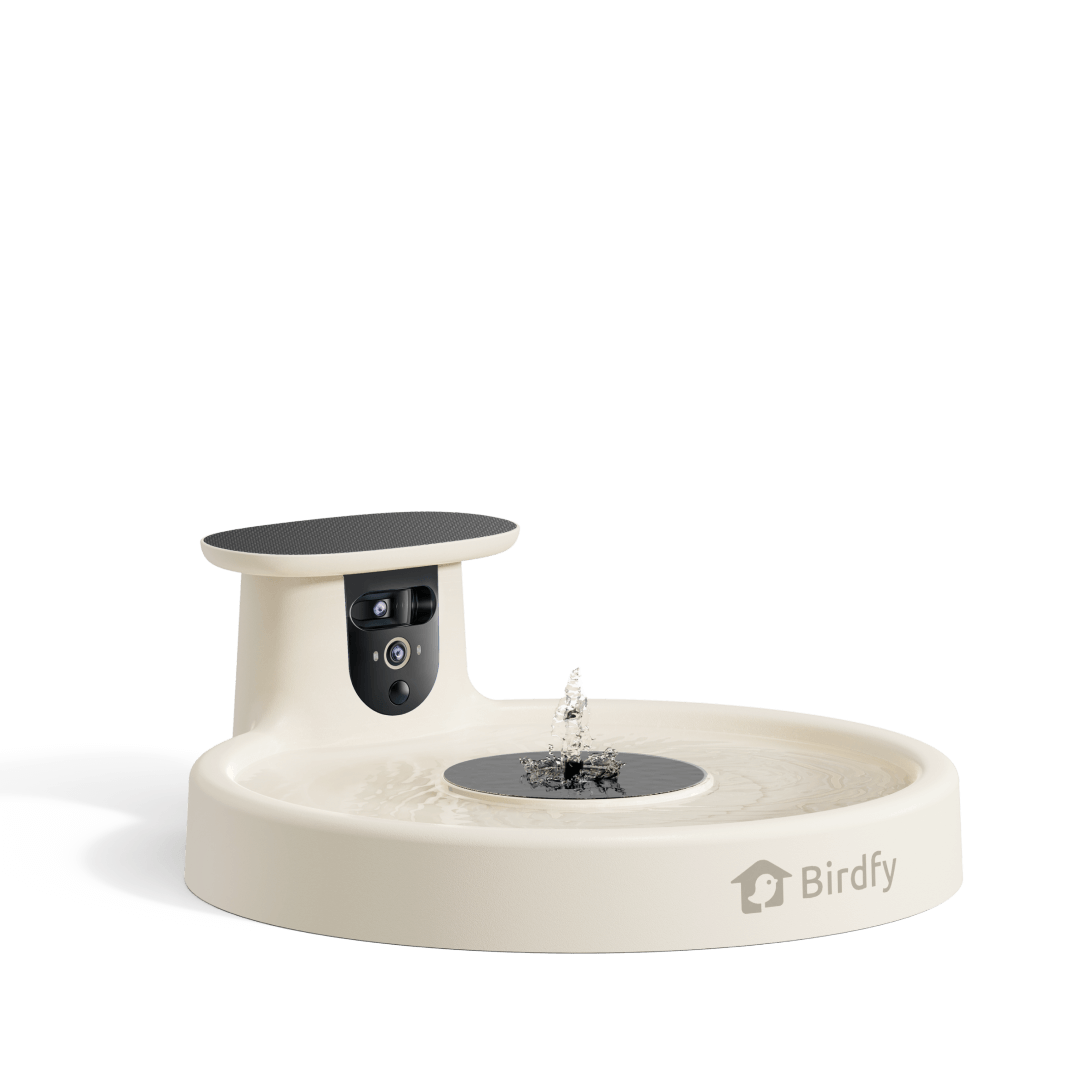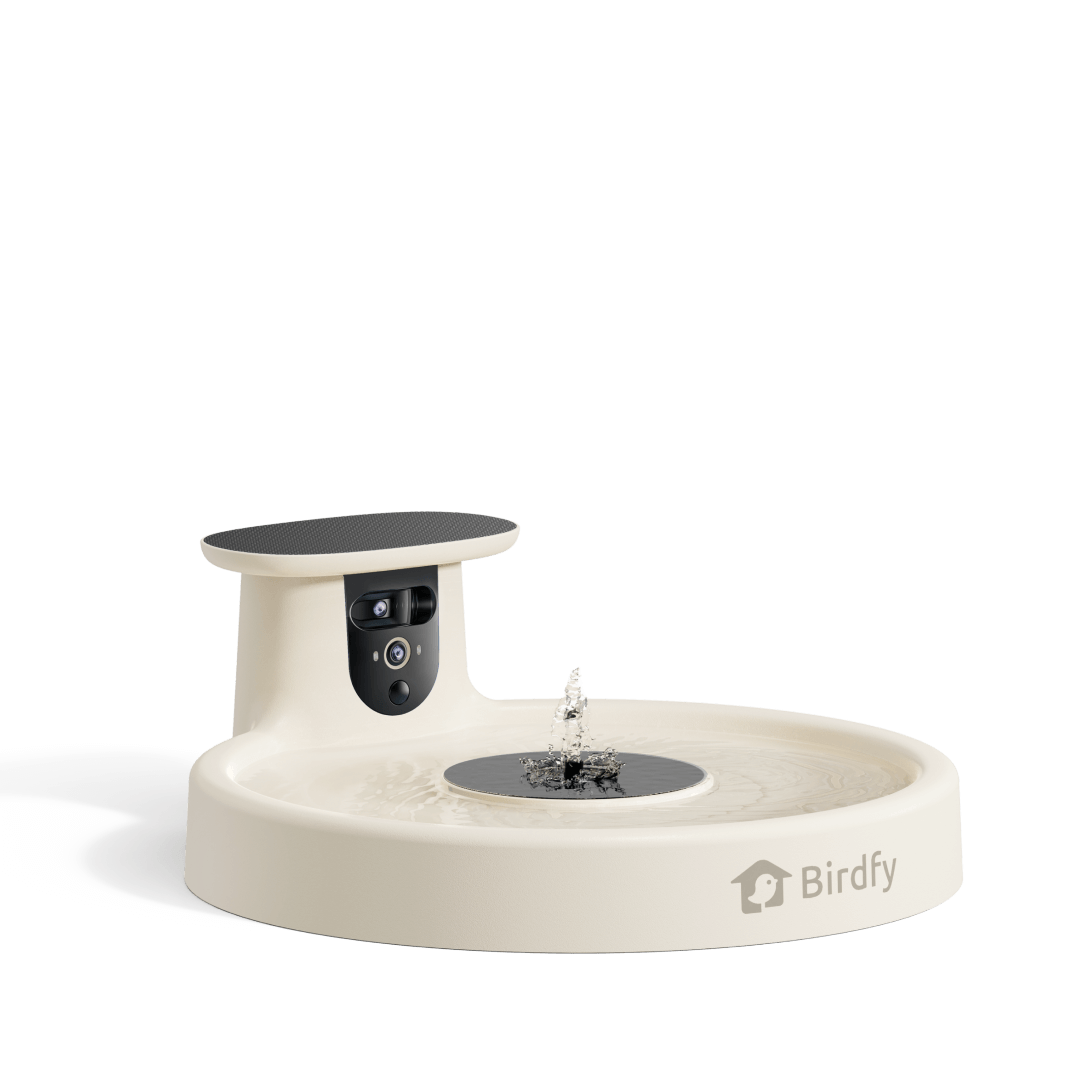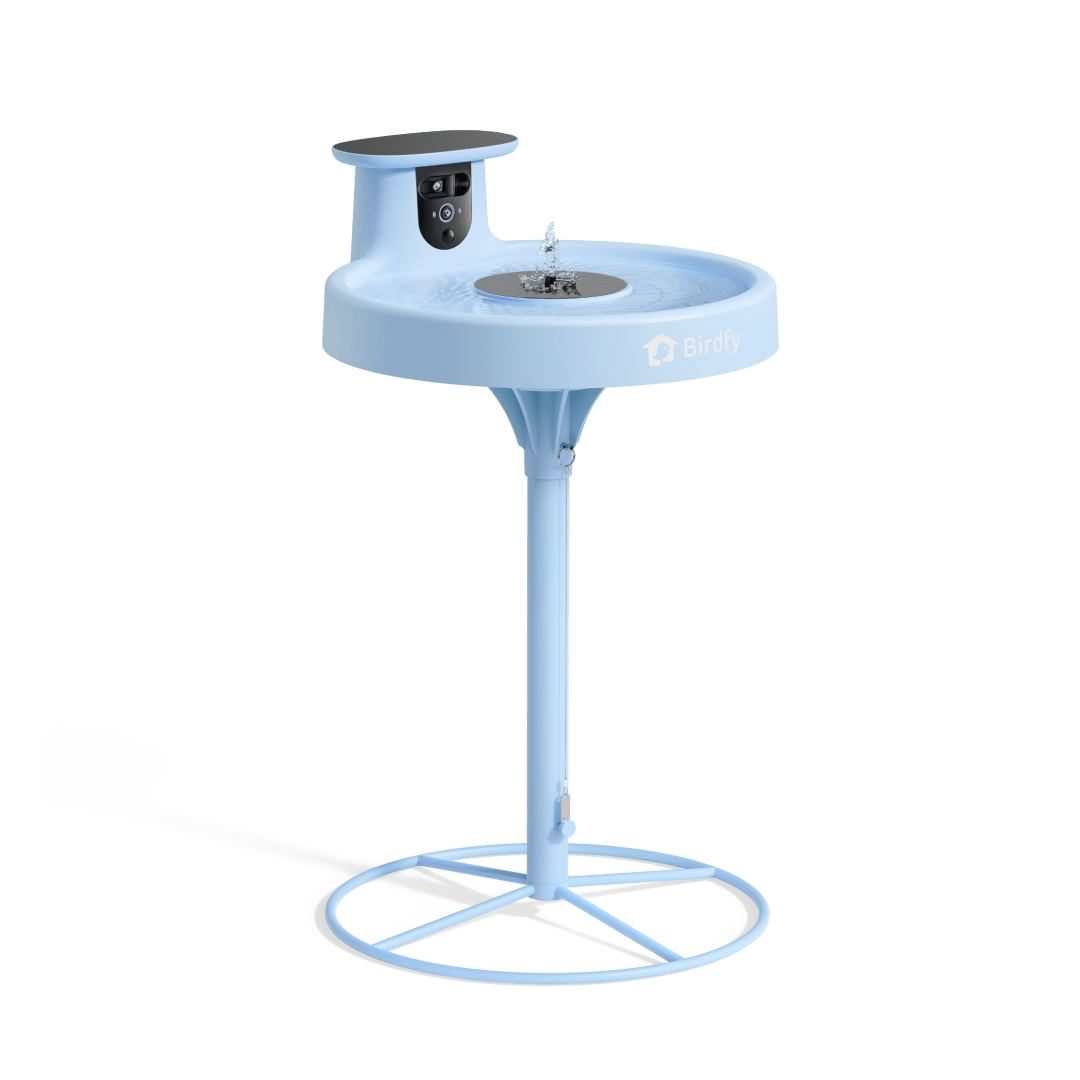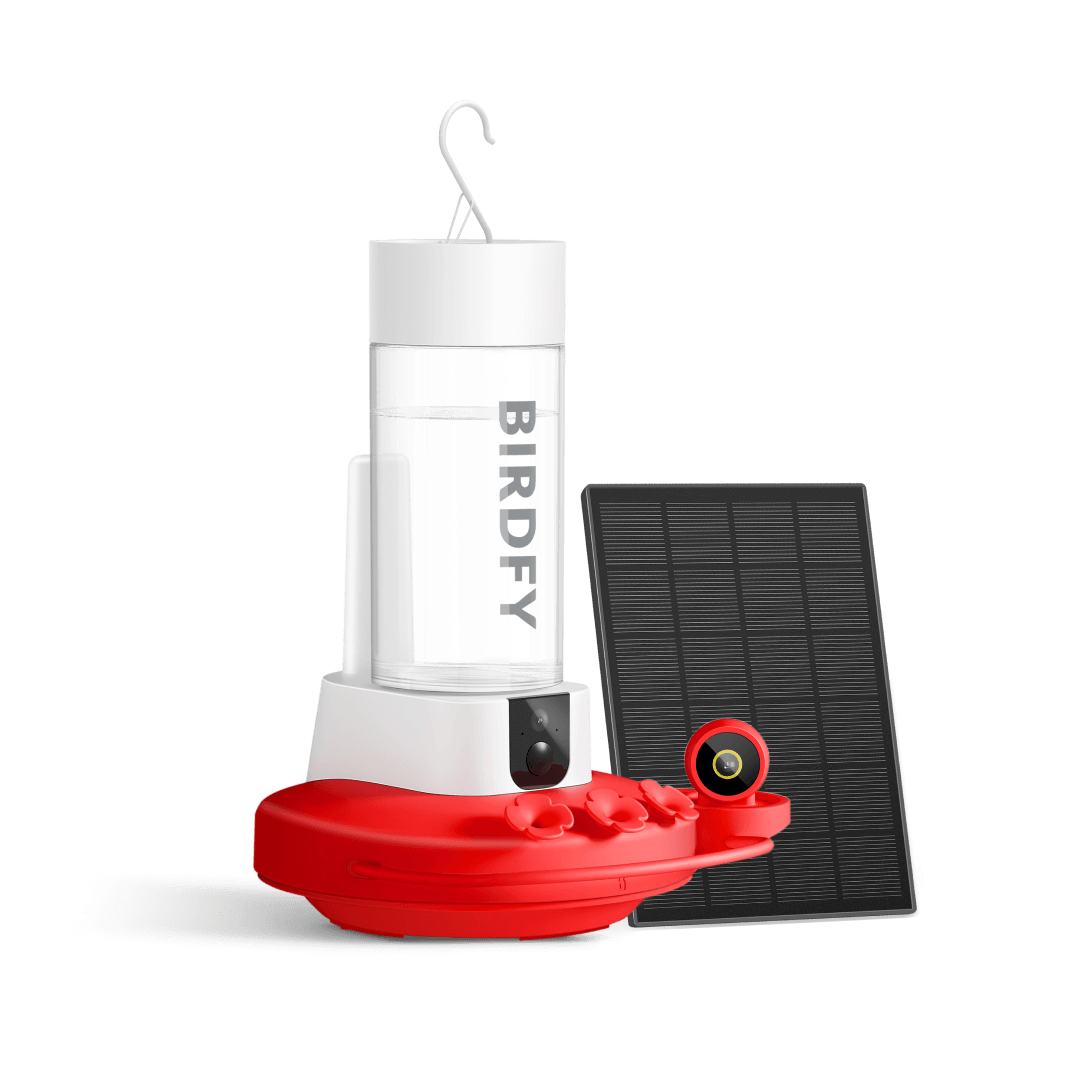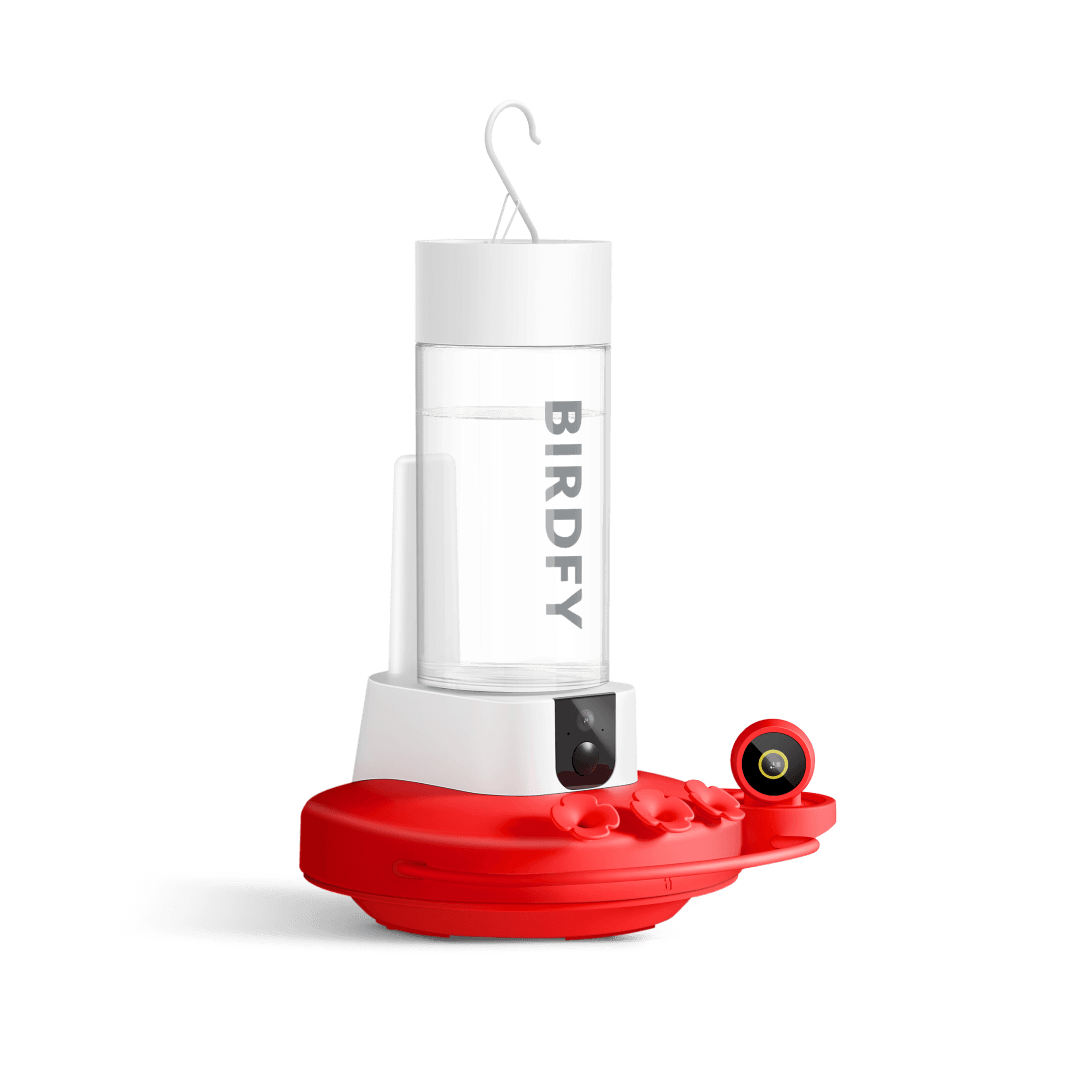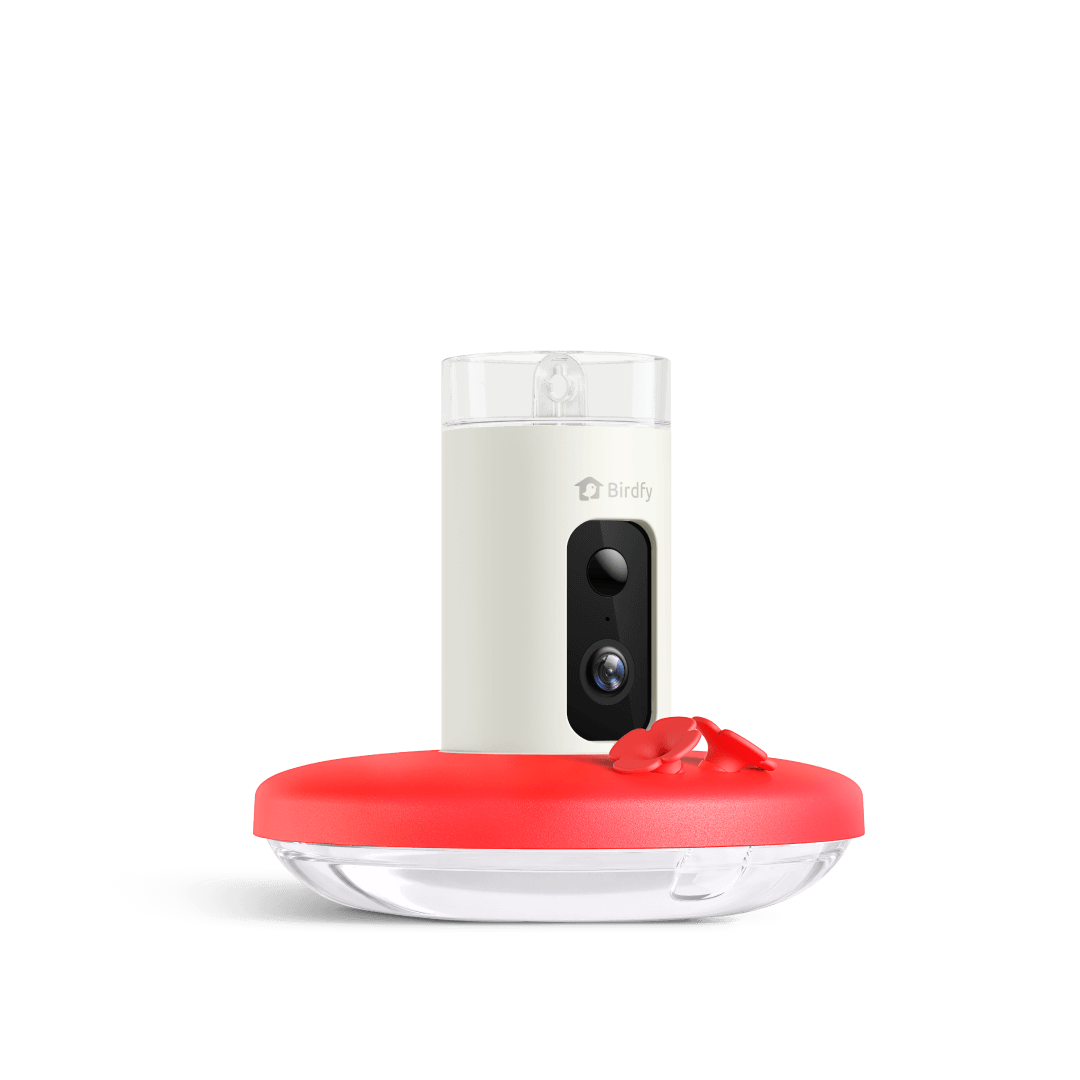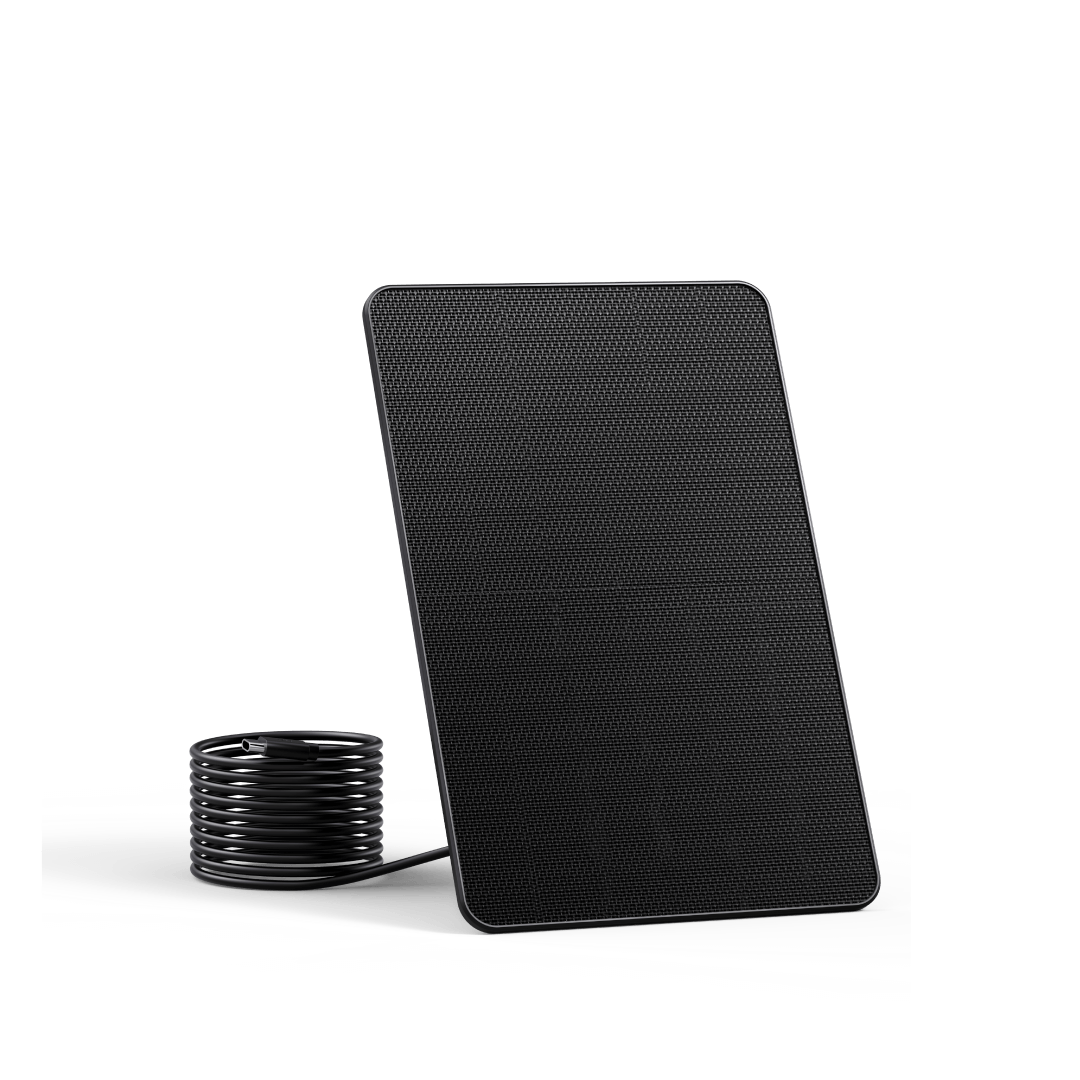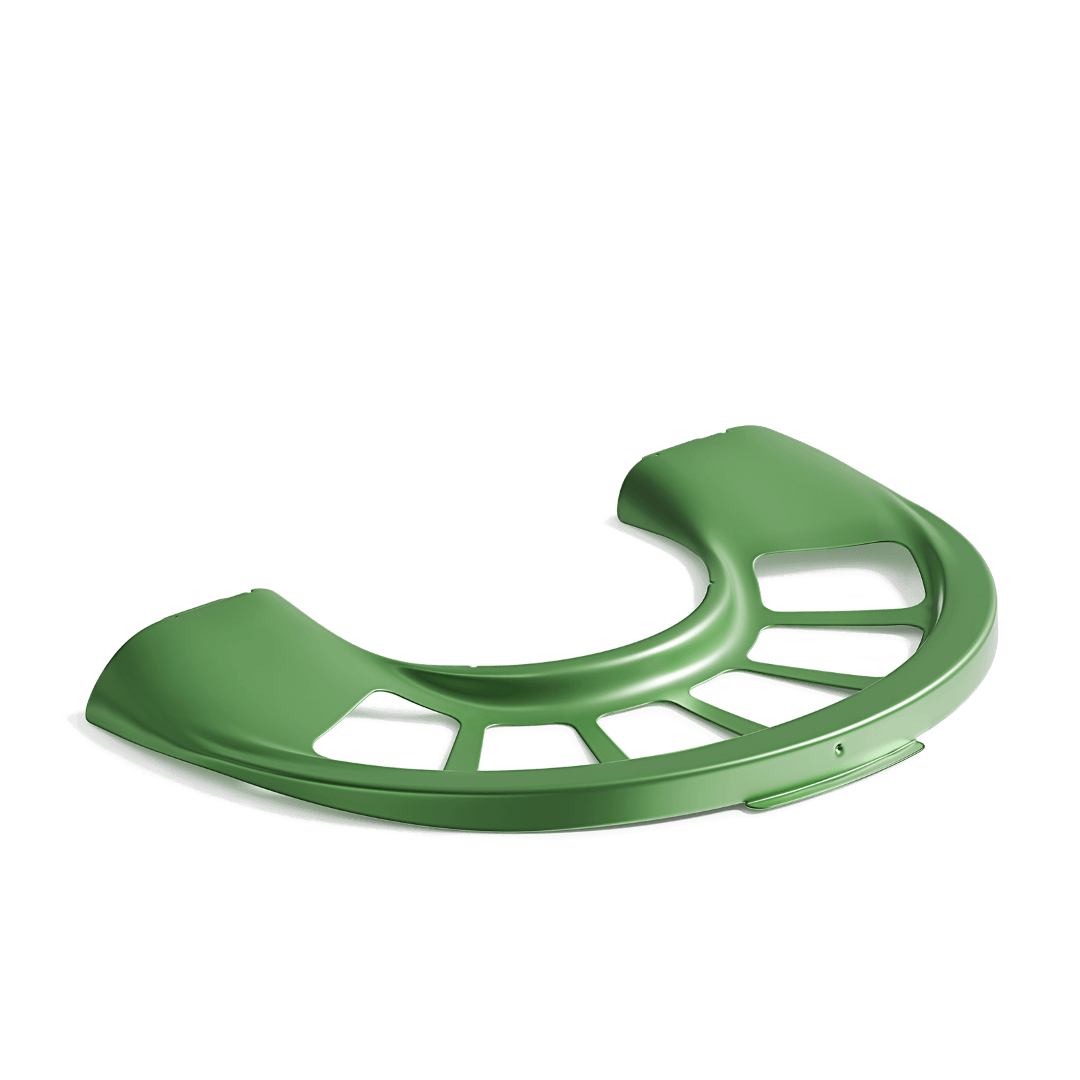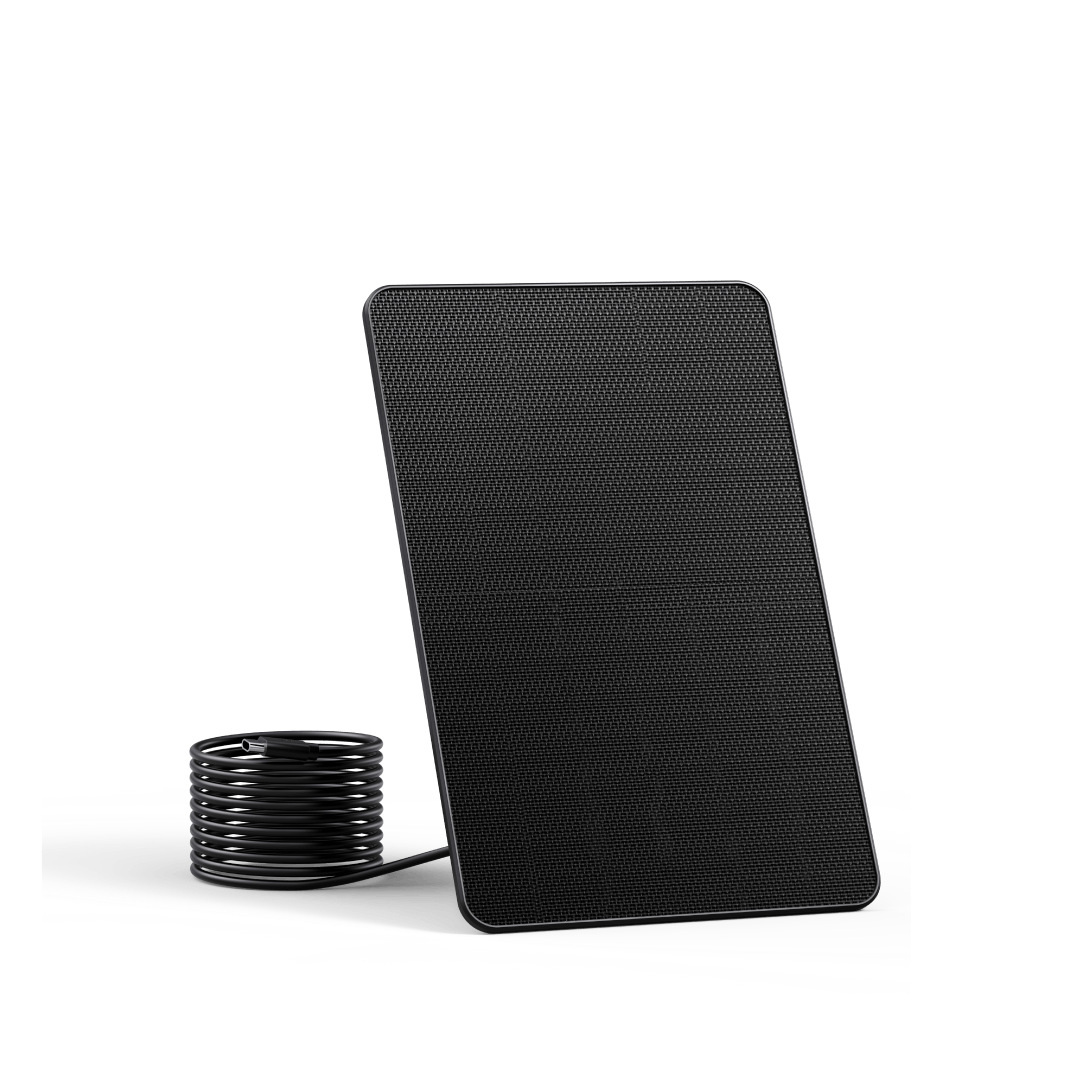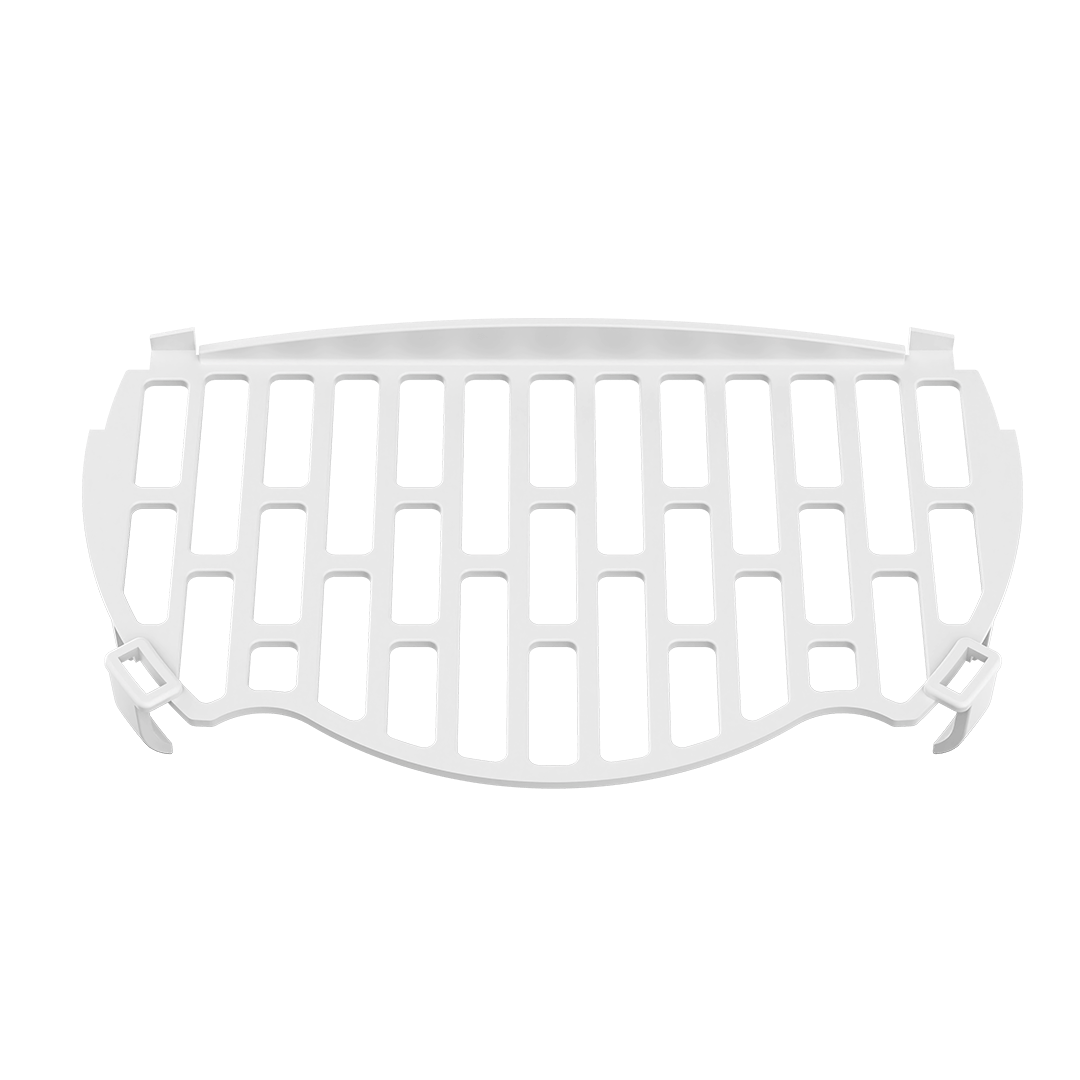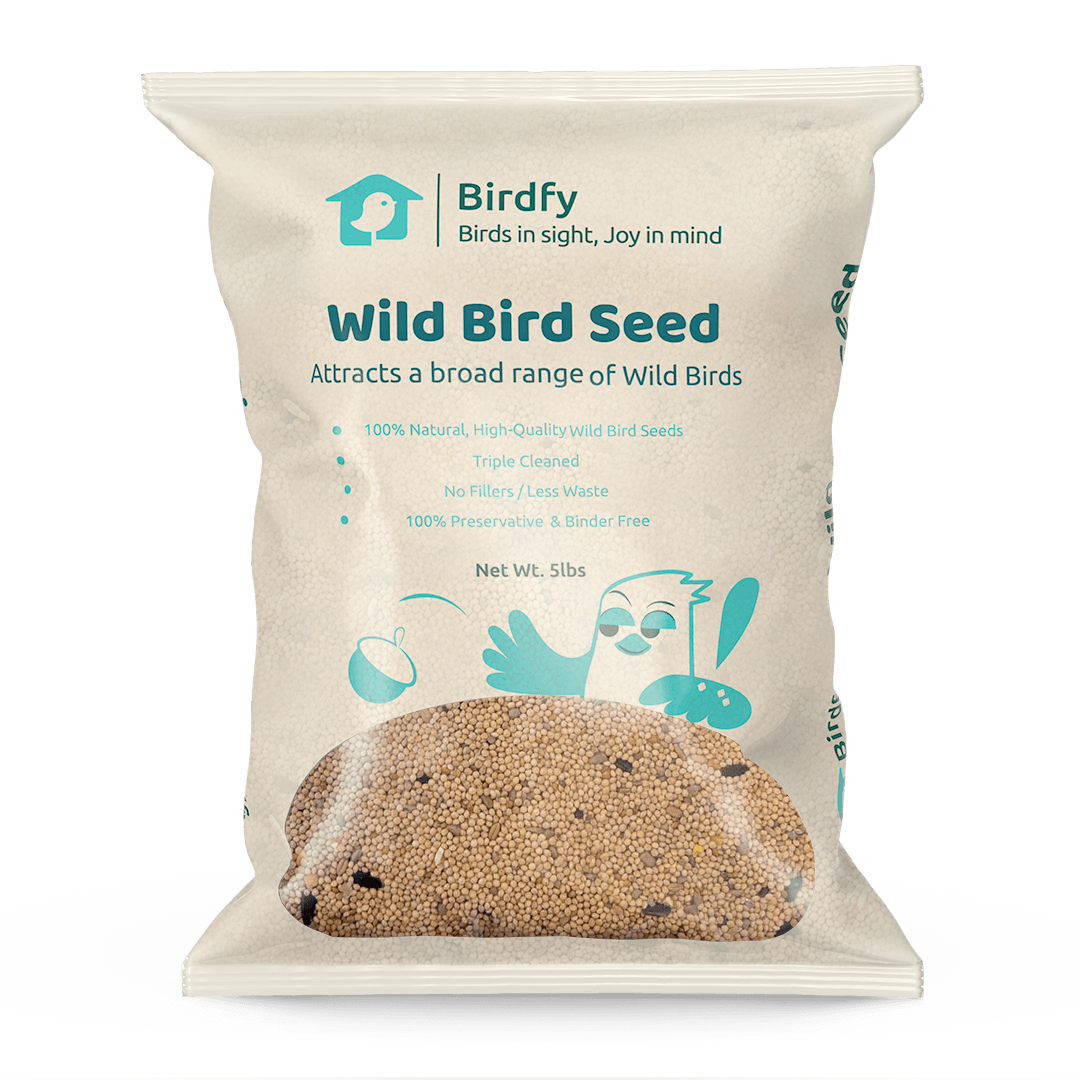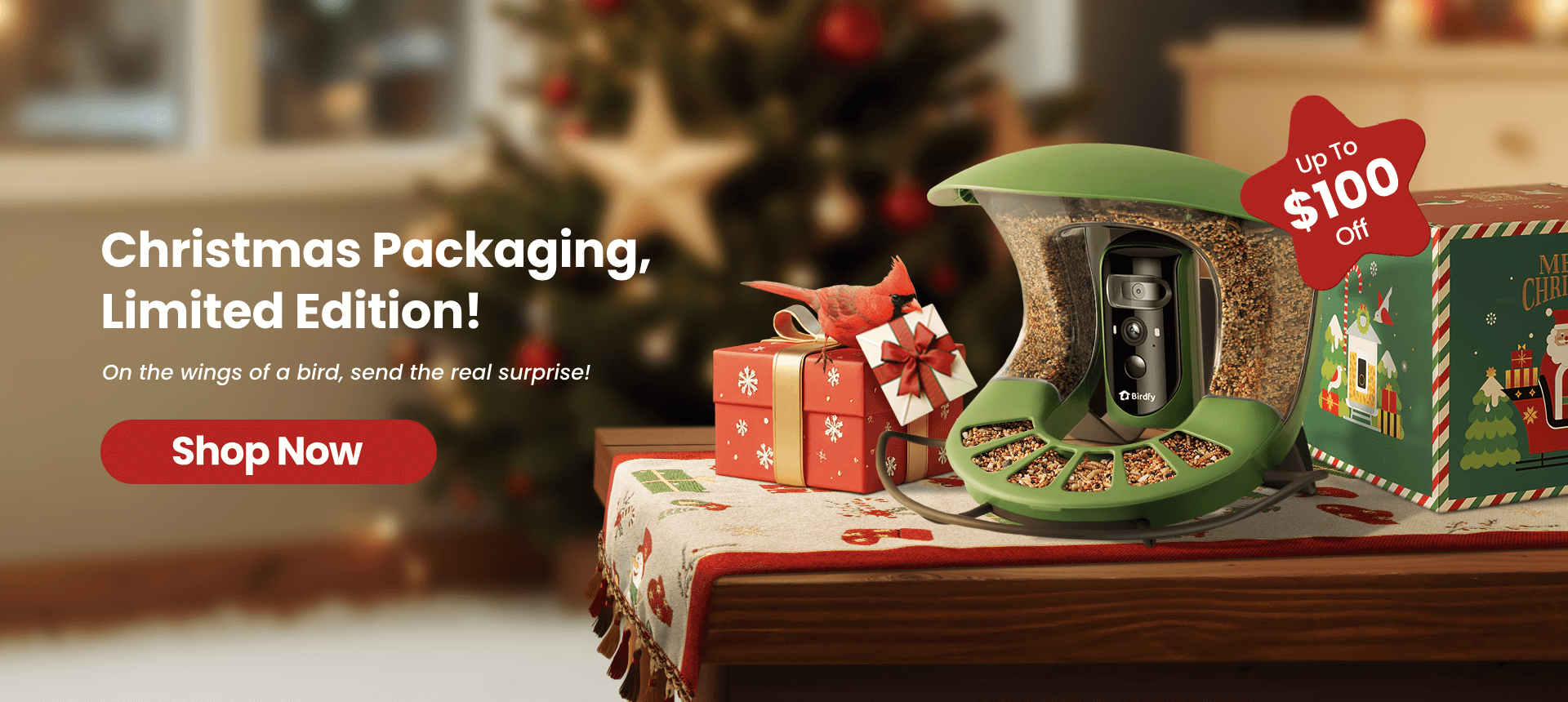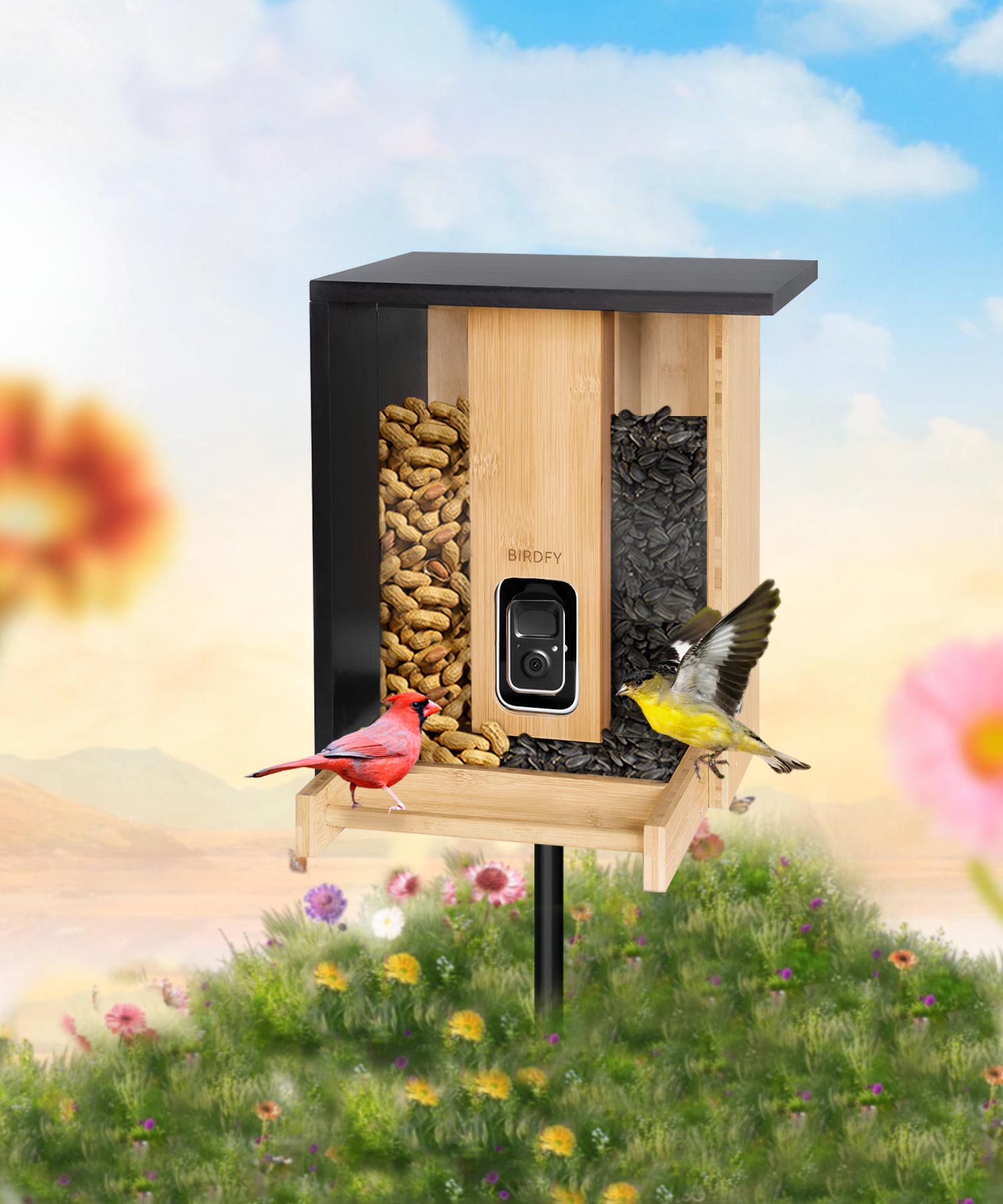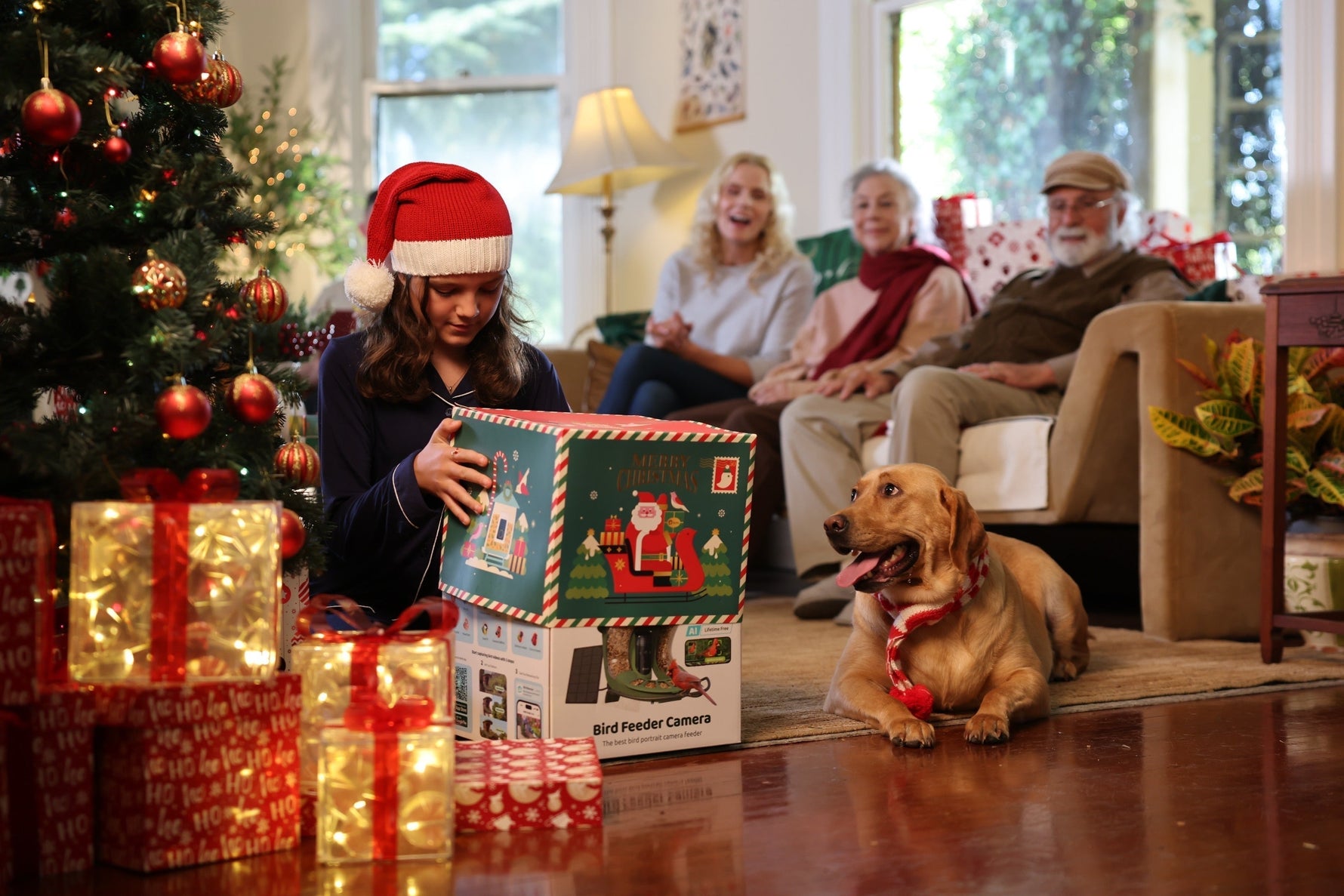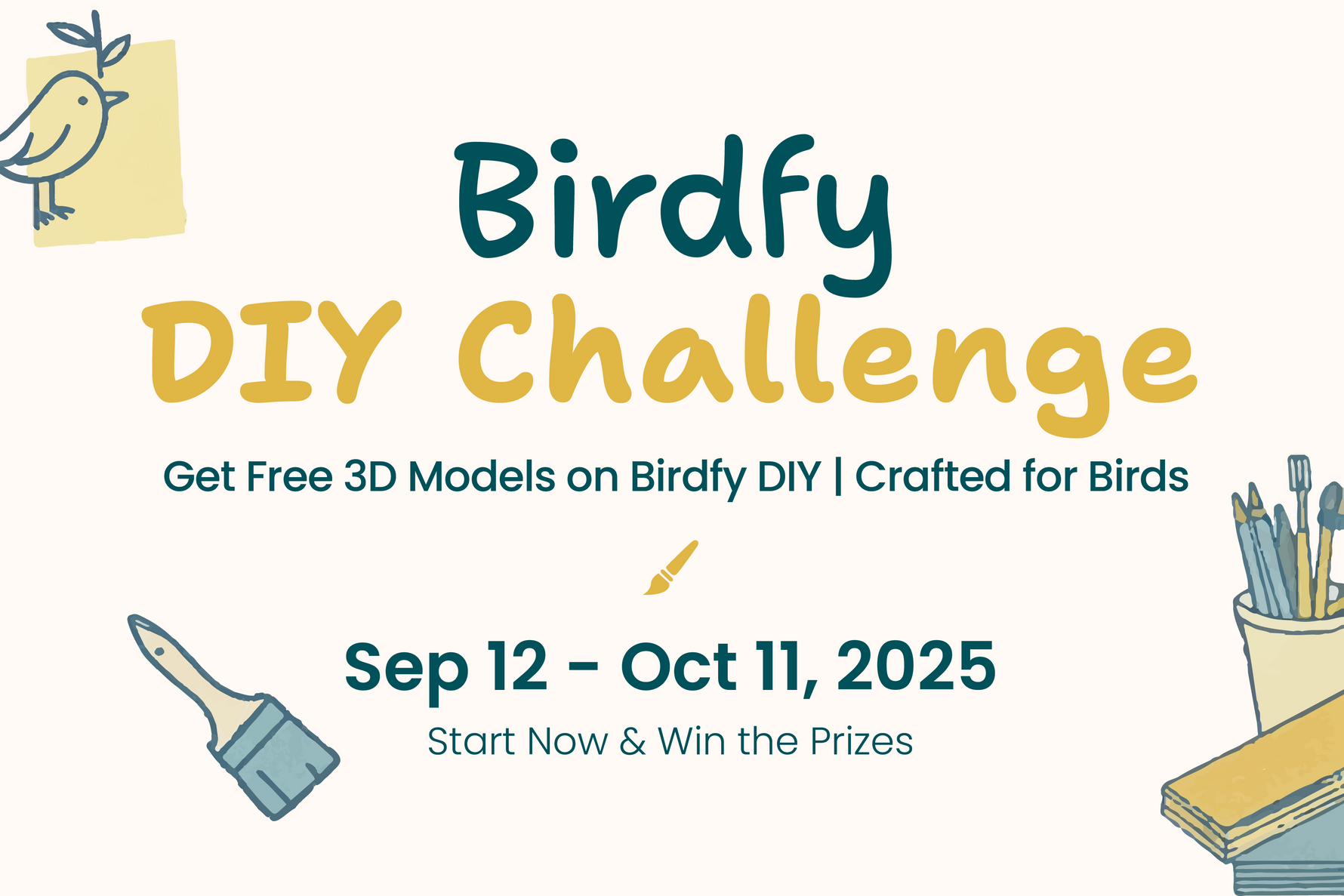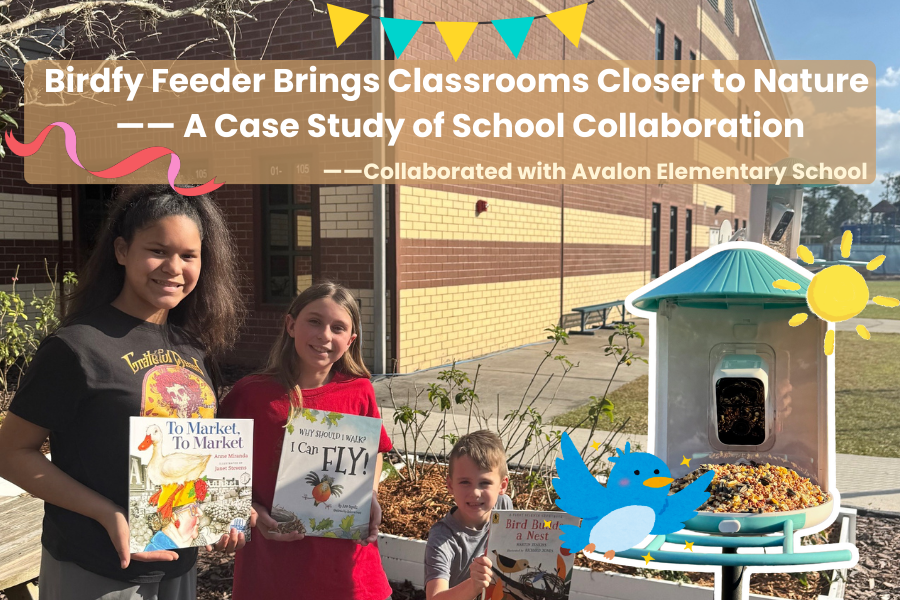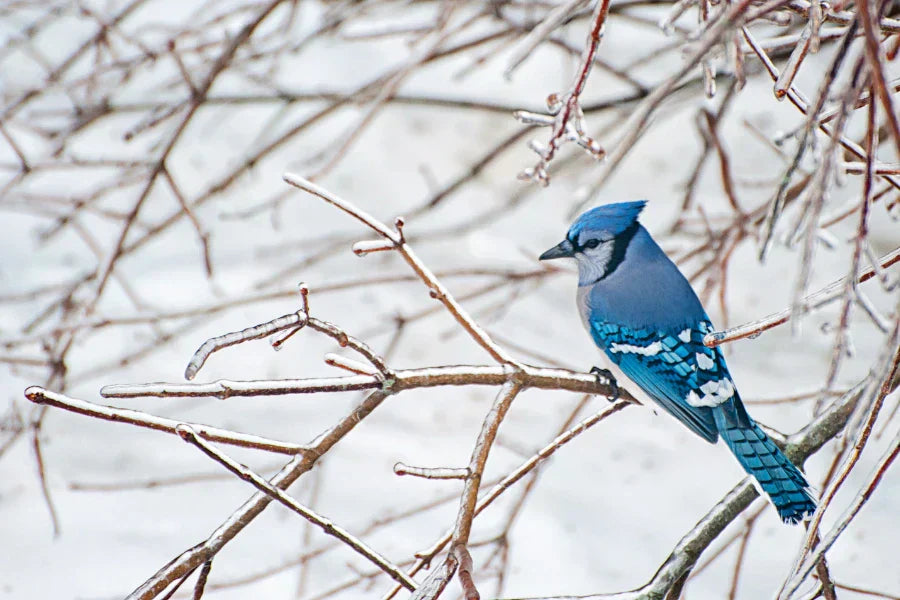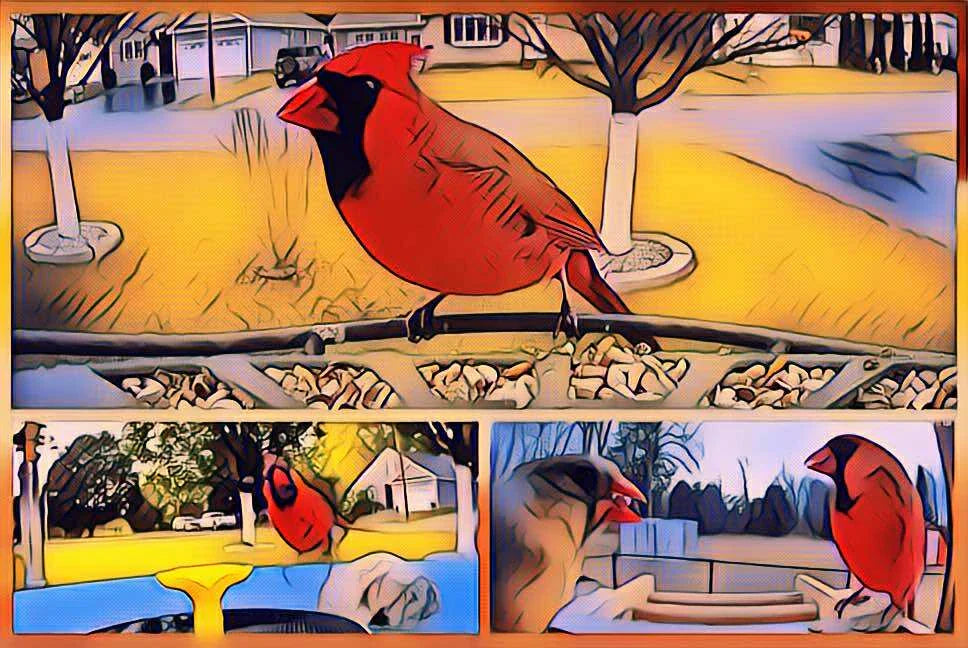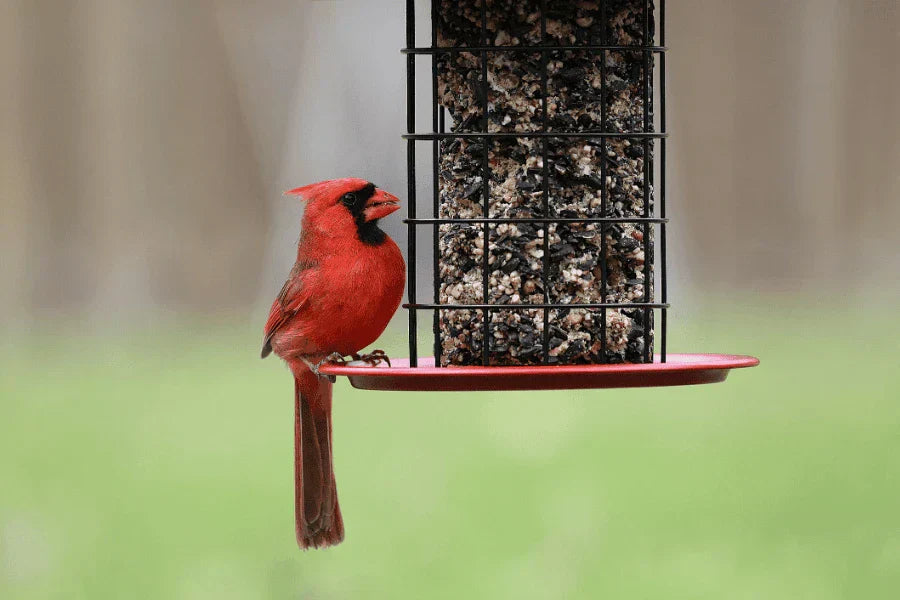How To Care For Parrots | A Beginner’s Guide To Pet Birds
Introduction
Parrots are a popular choice for pet birds because of their bright personalities, intelligence, and low maintenance requirements. They are suitable for beginners because they easily adjust to domestic settings. Many species, such as budgies and cockatiels, are gregarious and active animals that need little room or care but provide entertainment and company.

So, if you want to own them, you must understand the importance of responsibility. Parrots are intelligent living beings and have a high social and emotional nature. Therefore, sufficient care, social connection, and mental stimulation are necessary for them to flourish. Parrots have a long lifespan and develop close relationships with their owners. For their long-term enjoyment and well-being, it's also critical to comprehend their demands and commit to providing a loving environment.
However, if you are interested in knowing more about them, you are at the right place. This article will provide practical tips for caring for parrots and common mistakes to avoid. From vital gadgets to warding off education pitfalls, it will also help you apprehend what it takes to elevate a satisfied, healthy parrot and avoid commonplace errors that may prevent their well-being.
Section 1: Preparing To Be A Good Bird Owner
Caring for a parrot begins long before you bring one home. It’s vital to apprehend their particular wishes and set up a snug and attractive environment. This section offers a checklist list of need-to-have devices that every bird proprietor must be familiar with.

Essential Equipment Checklist
Having the proper supplies is vital to your parrot’s well-being. Below is a list of crucial objects to help provide your new pet with a comfortable, secure, and enriching home.
Large Birdcage
Always opt for the most critical birdcage for your area. Parrots need room to stretch their wings, climb, and circulate, and a spacious cage promotes physical activity and intellectual stimulation.
Safe Toys (Rotate regularly)
Parrots are intelligent and easily bored. Provide several toys crafted from bird-secure materials, including timber and twine. Rotate toys frequently to preserve your bird's engagement and prevent detrimental conduct.
Various Uses Of Apple Cider Vinegar
Apple cider vinegar is a versatile tool for bird care. Diluted with water, it can be used to clean cages and toys. Adding a few drops to your parrot’s drinking water as soon as a week may additionally help improve their digestive fitness.
Bird Play Gym
A bird play gym center is ideal for out-of-cage time. It offers mental stimulation and physical workouts, reducing boredom and selling wholesome behavior.
Bird Bath (Choose The Right Style)
Regular bathing is critical for keeping your parrot’s feathers easy and healthy. You can provide a shallow bird bath or mist them with water. Some parrots enjoy bathing in a bowl, while others may additionally select strolling water.
Calcium Supplements (Such As Cuttlebone Or Mineral Blocks)
Calcium is critical for bone health, particularly in breeding or egg-laying parrots. Offer a cuttlebone or mineral block inside the cage to ensure your birds receive enough calcium.
Finding A Qualified Avian Vet
Birds require specialized medical treatment. Research and discover an avian vet in your region before bringing your parrot home, as quick access to care is critical in emergencies.
Treats (Like Millet Sprays)
Treats, including millet sprays, can be used for education and worthwhile precise behavior. Most parrots revel in millet but ensure it is given moderation to save your pet weight gain.
First Aid Kit Preparation
Every bird proprietor ought to have a simple first-aid kit that includes items like styptic powder (for minor bleeding), antiseptic solutions, and tweezers. Be organized for minor injuries or emergencies at home.
Safe Cookware (Avoid Harmful Materials)
Many parrots are relatively sensitive to fumes from non-stick cookware, which may be deadly. Always use bird-safe cookware, such as stainless steel or forged iron, to protect your bird.
Healthy Seed Mix
Your parrot’s diet must encompass an exceptional seed mix supplemented with fresh greens and fruits. Avoid seed mixes that include artificial dyes or preservatives.
Cage Cover (For Nighttime Quite)
Covering the cage at night facilitates a signal to your bird that it’s time to sleep and may reduce nighttime disturbances. Choose a breathable, bird-secure bird that blocks light but permits airflow.
Transport Cage (For Vet Visits Emergencies)
A transport cage is essential for effectively moving your bird to the vet or in an emergency. Ensure it is sturdy, easy to clean, and nicely ventilated.
Kitchen Scale To Monitor Weight
Weight loss may be an early signal of illness in birds. Regularly weighing your parrot using a kitchen scale is an easy way to display its fitness and capture any capability issues early.
Gloves (To Maintain The Bird’s Trust)
While you want to construct trust with your parrot, there may be times when gloves are essential, including nail trimming. Always use gloves to guard yourself and your bird for coping, but be aware now not to frighten them.
Section 2: Common Mistakes When Training Parrots
Training a parrot takes persistence, knowledge, and the right strategies. New bird owners regularly make errors that can prevent their development or damage the bond they’re building with their feathered pal. Let’s discover how to set your bird up for success by avoiding unusual training pitfalls.

Training Environment
Creating the right surroundings for training is crucial to fulfillment. It’s exceptional to train your parrot in a familiar environment, including the interior of its cage or a quiet, bird-safe room, wherein it feels stable.
Importance Of Training Inside The Cage
Begin education in the cage to ensure your bird feels secure. This environment permits the bird to interact with you without the concern of getting away. It's an area they already associate with comfort, which aids in decreasing tension throughout training sessions.
Avoiding Distractions
Parrots are naturally curious and may be distracted by other birds, pets, or background noise. To ensure centered schooling, reduce distractions as much as possible.
Train Different Birds Separately
If you have more than one bird, it is essential to train them individually. Group training can cause distractions, aggressive conduct, or confusion, hindering mastery.
Handling Techniques
Gentle handling is fundamental to accurately constructing acceptance and ensuring your parrot feels comfortable. Rough handling or forcing them to stay on your hand will have the opposite impact, making them anxious and uncooperative.
Don’t Force The Bird To Stay On Your Hand
Never pressure your parrot to remain in your hand by locking its toes. This can cause injury and erode confidence. Let the bird decide when it’s prepared to step down or move away.
Controlling Training Time
Parrots have short attention spans, particularly when studying. Overtraining can cause frustration and burnout, so one can restrict development.
Avoid Overtraining; Pay Attention To The Bird’s Signals
Watch for signs that your bird is becoming tired or losing attention, along with excessive preening or vocalizing. Keep education periods quick-around 10 to 15 minutes—and stop
before your bird becomes too tired.
Building Trust
Before any meaningful training can occur, your bird wishes to agree with you. Parrots are compassionate and intelligent creatures, and building a solid bond is crucial to successful training.
Establish Trust Before Starting Training
Spend time close to the cage, talking gently and presenting treats to help your parrot feel snug around you. Avoid making sudden movements or loud noises that would startle them. Only begin education once your bird feels stable in your presence and starts to reply undoubtedly to your interactions.
Section 3: Assessing Your Ability As A Bird Owner
Owning a parrot is a profitable experience, but it requires continuous effort and responsibility. As a bird owner, it’s critical to examine your habits and ensure you are providing the best possible care. This section will guide you through crucial evaluation areas, such as cleanliness, time commitment, attitude, and accountable breeding.

Cleaning Habits
Cleaning is one of the most important aspects of any form of pet bird ownership. Dirty cages promote bacterial, mold, and waste growth, which is very dangerous for the parrot‘s health.
Importance Of Regularly Cleaning The Cage
Cleaning your bird’s cage frequently prevents ailment and guarantees a comfortable living space. Daily duties must consist of converting the meals and water dishes, disposing of droppings, and wiping down perches. A more thorough cleaning must be done weekly, including scrubbing the cage, disinfecting toys, and converting the substrate. Maintaining your parrot’s cage ensures it is a healthier, happier bird and lowers the illness hazard.
Time Management
Parrots are social creatures that get along with interactivity with their proprietors. Your parrot requires adequate attention, and if you are unable to give it the time it deserves, the bird’s health, both mentally and physically, will be compromised.
Necessity Of Spending Time Interacting With The Bird
It’s vital to commit time every day to bonding with your bird. This can include sports, such as speaking to them, presenting treats, and attracting them to play or education classes. Parrots can become bored, lonely, or even broaden behavioral issues like feather pluck without regular interaction. As a bird owner, you need to ensure you’re continuously imparting mental stimulation and social engagement.
Pet Mindset
Parrots aren't decorative items to decorate your living area—they are complex, intelligent beings that require your interest and care.
Avoid Treating The Bird As Mere Home Decor
Many new bird proprietors fall into the trap of viewing their parrot as a beautiful accent for their home. While it’s natural to appreciate their vibrant feathers and playful antics, you must not forget that your bird has mental and physical needs. Parrots require day-by-day care, intellectual stimulation, and a genuine reference to their owners. Neglecting their wishes for aesthetics is dangerous and will result in a sad, lousy pet.
Importance Of Free Time
Giving your parrot opportunities to exercise and explore outside its cage is vital for its well-being. Confining a bird to a cage for long durations is unfavorable to bodily and intellectual health.
Allow The Bird To Have Daily Free Flight
Daily free flight time is essential for a parrot’s physical health. It strengthens their muscle tissues, improves cardiovascular health, and offers a chance to discover and fulfill their interest. Make sure you bird-proof a room where they can fly appropriately without the threat of harm or escape. If your bird doesn’t have the hazard of flying freely, it could increase muscle atrophy, obesity, or behavioral problems.
Breeding Responsibilities
Breeding parrots is not easy. It requires know-how, duty, and a realistic situation for the birds' fitness.
Understand The Difference Between Proper Breeding And Irresponsible Breeding
Proper breeding entails understanding genetics and species-specific wishes and ensuring the fitness and well-being of the discern birds and their offspring. Irresponsible breeding, then again, regularly leads to bad birds, inbreeding, and perpetuating genetic problems. Breeding must most effectively be undertaken through those with the knowledge and resources to care for the birds and locate suitable homes for the chicks. If finished irresponsibly, breeding can cause harm to both the birds and the species as a whole.
Section 4: Tips For Bird Owners
Being a bird owner calls for greater than simply meeting the simple desires of your parrot. It’s approximately creating healthful, enticing, and snug surroundings for them to thrive. Whether you are a skilled bird proprietor or new to parrots, the following recommendations will offer helpful life hacks to help you care for your puppy extra correctly.

Parrot Tea Time
Herbal teas are the most effective and exciting for people, and they can also gain parrots if you pick out the proper kind. A warm cup of tea can soothe your bird, especially after a long day of hobby or pressure.
Safe Tea Options (Like Organic Chamomile Tea)
Chamomile tea is an outstanding, bird-safe choice that many parrots enjoy. This natural herbal tea can help calm your bird and promote better sleep. Ensure the tea is natural, without caffeine or added flavors, sugar, or artificial sweeteners. Serve it cool or lukewarm in small quantities once or twice every week for first-class outcomes.
Food Hanging Rack
Ensuring that your parrot has clean access to healthy, sparkling foods is vital, but you may additionally want to make it a fun activity for them. Birds like to forage, and striking food can encourage this natural behavior.
Use Clothespins To Hang Vegetables And Fruits
A simple and effective way to serve fruits and vegetables for your parrot is to cling clothespins or food clips inside or outside the cage. This keeps the food off the ground, forestalls infection, and provides enrichment as your bird interacts with the putting produce. It turns mealtime into a playful, mentally stimulating hobby.
Convenient Vegetable Chopping
Fresh vegetables are essential to your parrot's diet, but preparing them daily can be time-consuming. A little meal prep can save time while ensuring your bird can access nutritious meals.
Pre-Cut Veggies And Freeze Them For Later
A beneficial tip for busy bird owners is to cut numerous vegetables in bulk, portion them into small servings, and freeze them. You can use ice cube trays for handy portioning. When it’s time to feed your parrot, thaw an element and serve. This technique guarantees your bird receives fresh, nutrient-rich meals without the problem of daily preparation.
Cleaning Hacks
Keeping your parrot's feeding area smooth may be challenging, especially with seeds and food debris scattering everywhere. Here’s a short cleaning trick to save you time and effort.
Use The Blowing Method To Clear Food Debris
Instead of dumping the entire contents of a food dish while most of the outer husks of seeds remain, use the "blowing method" Gently blow over the dish to clean away the husks while leaving the uncracked seeds behind. This not only reduces waste but also keeps the feeding area tidy.
DIY Humidifier
Birds can occasionally experience breathing problems, particularly in dry environments. homemade humidifier can help maintain the finest humidity stages and reap the rewards for your parrot’s respiration fitness.
Use Steam From Hot Water To Improve The Bird's Breathing
If your parrot seems to have respiratory problems or the air in your house is arid, you may place a bowl of hot water near the bird’s cage (but out of reach). The steam will create a more humid environment, making breathing more accessible for your bird. Just be careful not to let the bird come into direct contact with the hot water.
Cleaning Tools
The right equipment could make cleaning your bird’s cageless difficult and more efficient. You don’t need luxurious equipment; regular household gadgets can be repurposed for bird care.
Old Toothbrushes For Cleaning The Cage
An old toothbrush is a brilliant device for scrubbing cage bars, perches, and other tight areas that might be hard to smooth. It’s especially effective at removing caught debris, dried food, and droppings. Ensure the toothbrush is well wiped clean and committed to bird use.
Plant Identification Apps
Many birds enjoy chewing on vegetation, but not all vegetation is safe. If your bird is curious about houseplants or other outdoor plants, it’s crucial to recognize which flora are non-poisonous.
Identify Plant Safety For Your Bird
Use plant identification apps like PlantSnap or PictureThis to discover whether a plant is secure for your parrot quickly. Simply snap an image, and the app will offer plant species information. This is especially beneficial if you permit your parrot to discover one-of-a-kind areas of your property wherein flowers are present.
Seed Catcher
One of the common issues bird proprietors face is the mess birds make, especially when seeds and husks fall out of the cage. A simple answer can help minimize this mess.
Use A Tray To Catch Dropped Bird Food
Placing a large tray or mat underneath your bird’s cage can capture seeds, feathers, and food particles. This purifies the surrounding area and makes tidying up after your parrot much easier. Remove the tray, shake off the debris, and replace it often.
Guiding The Bird Back To The Cage
Sometimes, getting your bird to return to its cage after an unfastened flight can be difficult. An easy trick can help guide their lower back without pressure.
Use Light Sources To Lead The Bird Back
If your bird is reluctant to return to its cage, you may turn off the lights inside the room and
place a small light supply near or inside the cage. Birds are attracted to mild, so your parrot will likely observe the light again in its familiar area. This technique works exceptionally well with untamed or stubborn birds.
Helping Parrots Adapt To Pellet Diets
Changing a parrot's diet from seeds to better pellets may be challenging, as birds are very selective about their food. Thus, finding ways to make the transition towards more effective behavior smoother is possible.
Mix Powdered Pellets With Seeds For Transition
To assist your parrot in adapting to a pellet-eating regimen, grind the pellets into a satisfactory powder and combine them with your bird’s standard seed blend. Gradually grow the pellet-to-seed ratio over the years until your bird is comfortable ingesting pellets. This method makes the transition easier without causing stress or rejection of the brand-new food.
Conclusion
Caring for a parrot requires time, interest, and creativity. Using the guidelines in this manual, you could create a healthier, happier environment for your bird, ensuring it prospers as a part of your family. Your parrot will enjoy a protracted and gratifying existence with the right approach, from cleansing habits to education and feeding.
Share


